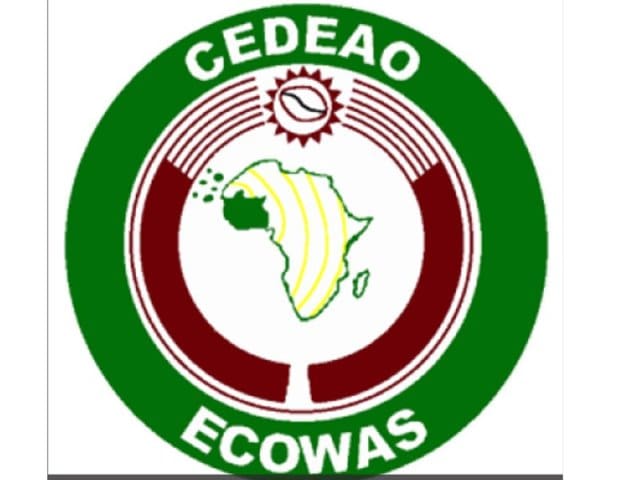The Economic Community of West African States (ECOWAS) convened a crucial hybrid meeting on Monday, May 20, 2024, bringing together key stakeholders to launch the Regional Nutrition Agenda officially.
The event highlighted the integration of nutrition into agricultural policies and strategies, marking a significant step forward in addressing nutritional challenges in the region.
The Director of Agriculture and Rural Development, Alain SY Traore, in his opening remarks, highlighted the prevalence of stunting, wasting, and overweight among children under five in West Africa is estimated at 30.9% (20.2 million), 6.9% (4.5 million), and 2.7% (1.8 million), respectively (FAO et al., 2022) justifying that nutrition remains a concern in the region.
He also explained how the Sahel and West Africa region has faced significant food and nutrition insecurity, with around 42.5 million people potentially classified as being in a “crisis or worse phase” during the lean season from June to August 2023. Director Alain mentioned that in the bid to mitigate the nutrition challenge, the agriculture sector decided to conduct a deep dive to determine how well nutrition is integrated into agriculture sector policies, strategies, and plans because such would contribute to creating an enabling environment in the Sahel countries (ECOWAS Member States, Chad, and Mauritania).
In a goodwill message, Mr. Issouifou BAOUA, representing the EU-funded PAGR SANAD project, underscored the collaborative efforts and support for the initiative from various projects and organizations.
To improve the situation, the regional nutrition agenda, endorsed by technicians, member states, and stakeholders with the United Nations FAO, UNICEF, and WFP, aims to enhance the agricultural sector’s contribution to improving West Africa’s nutritional situation by integrating nutrition into the agricultural policies, strategies, and plans, based on diagnostic studies conducted in ECOWAS countries, Mauritania, and Chad, aligning with international commitments.
Speaking at the event, Mrs. Fatmata Lucia Setwoh, ECOWAP/CAADP Monitoring & Evaluation Programme Officer, Directorate of Agriculture and Rural Development, outlined the vision, guiding principles, objectives, strategic priorities, expected results, and the regional action/key activities where she sighted the eradication of malnutrition in all its forms by 2030 striving towards “Zero Hunger.”
The detailed regional nutrition agenda and Action Plan for integrating nutrition into agricultural policies and strategies was also presented. This comprehensive plan includes actionable steps and measurable targets to improve nutritional outcomes.
According to the report distributed by the APO Group on behalf of Economic Community of West African States (ECOWAS), the discussion provided a platform for participants to engage, share insights, and contribute to refining the action plan. The discussion highlighted the importance of multi-sectoral collaboration and community involvement in achieving the agenda’s goals.
The Director recognized the efforts of technical and financial partners, especially CILSS, European Union, FAO, WFP, UNICEF, UEMOA, and ROPPA, for their confidence in the Directorate and reaffirming ECOWAS’ dedication to helping improve nutrition in the region.
Following frantic discussions and exchanges, Director Alain Sy Traore officially launched the regional agenda and action plan on behalf of President Omar Touray, Commissioner of Economic Affairs and Agriculture Massandje Toure-Litse. These will be used as a basis for discussions as the sector approaches 2025, when the sector policy will be reviewed.
GIK/APA


